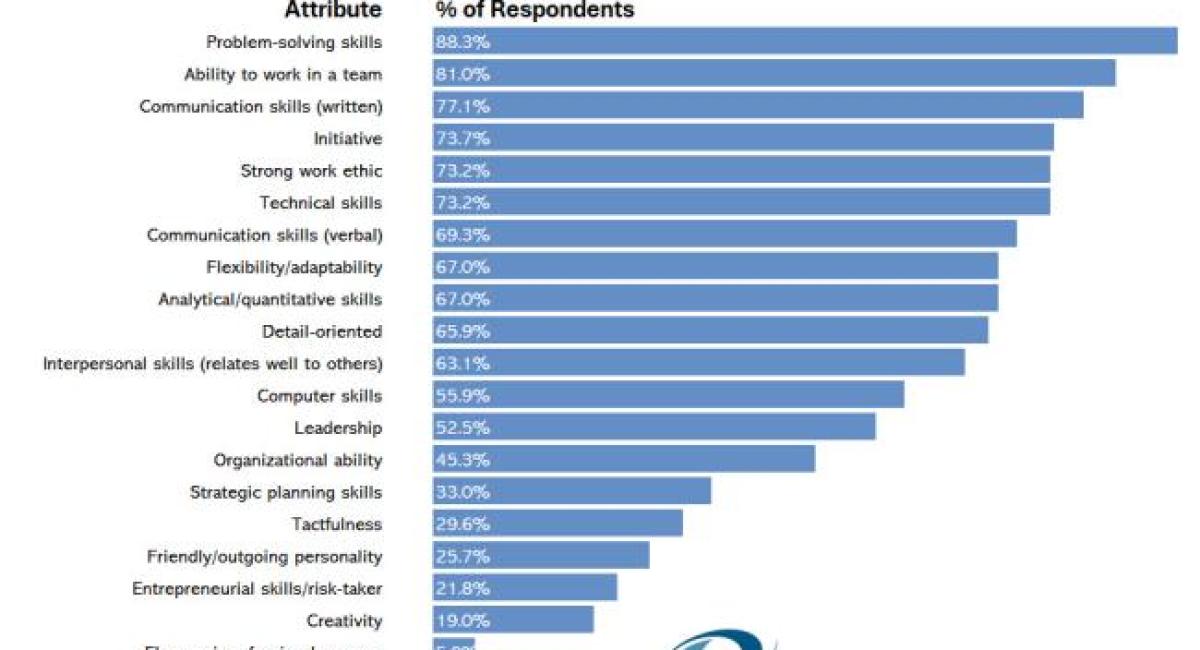Are you starting to think about finding the perfect postdoc position? First, you need to decide whether you need to do a postdoc at all. Depending on your career aspirations, a postdoc may only serve to delay your entry into your desired career or even hinder your ability to get started doing what you really want to do. However, that is another post for another time.
You have decided that a postdoc is the next step, so here are some key elements to consider:




